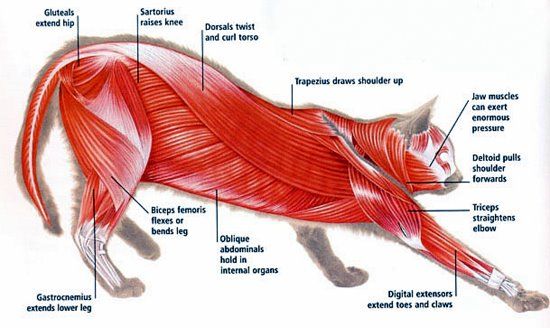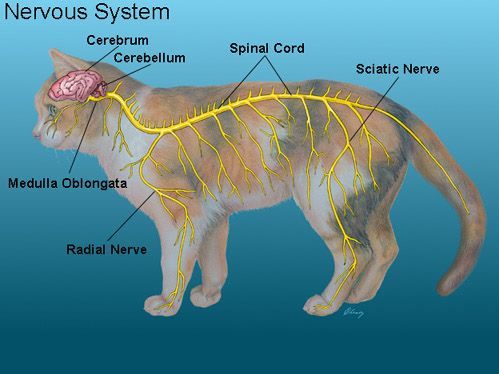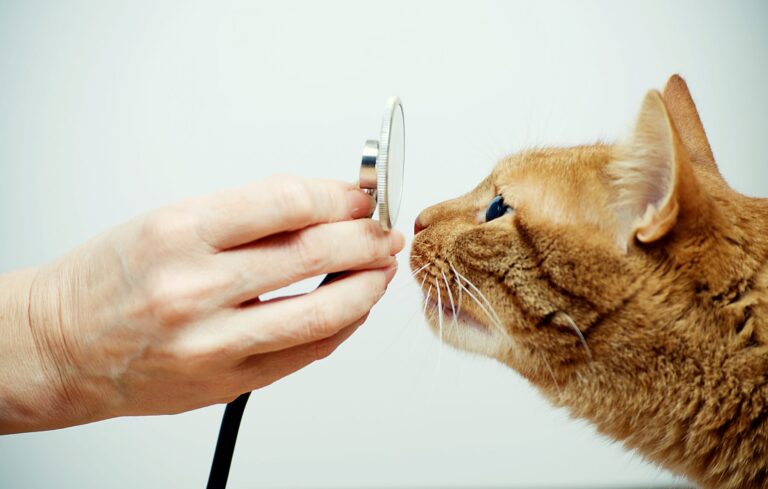Vaccinations for Cats: Ensuring Feline Health and Well-being
Cats, as beloved furry companions, deserve the best care and protection to ensure their health and well-being. Vaccination is a crucial aspect of feline healthcare, providing vital immunity against preventable diseases. This blog post aims to educate cat owners about the importance of vaccinations, recommended vaccine types, potential side effects, and vaccination schedules to protect their feline friends.
Importance of Vaccinations for Cats
Vaccinations are essential in safeguarding cats from various contagious and potentially fatal diseases. Without proper vaccination, cats are at risk of contracting these diseases, which can lead to severe health complications, suffering, and even death. Vaccinations work by introducing weakened or inactivated forms of the disease-causing organisms (antigens) into the cat’s body. This allows the cat’s immune system to recognize and develop antibodies against these antigens, providing protection against future exposure to the actual disease.
Recommended Vaccinations for Cats
There are several core vaccines recommended for all cats, regardless of their lifestyle or environment. These core vaccines protect against common and highly contagious diseases that can pose serious health risks.
Core Vaccines:
- Feline Viral Rhinotracheitis (FVRCP): This vaccine protects against three highly contagious upper respiratory infections: feline viral rhinotracheitis (FVR), feline calicivirus (FCV), and feline herpesvirus-1 (FHV-1). These infections can cause sneezing, nasal discharge, conjunctivitis, and ulcers in the mouth and eyes.
- Feline Panleukopenia (FPV): Commonly known as feline distemper, FPV is a highly contagious and often fatal viral disease. It affects the cat’s gastrointestinal and immune systems, causing vomiting, diarrhea, and severe dehydration.
- Feline Leukemia Virus (FeLV): FeLV is a contagious retrovirus that can lead to a variety of health problems, including cancer, anemia, and immunosuppression. It is spread through contact with infected saliva, blood, or urine.
Non-Core Vaccines:
In addition to core vaccines, there are several non-core vaccines that may be recommended for cats based on their individual risk factors and lifestyle. These vaccines protect against specific diseases that are less common or prevalent in certain areas. Non-core vaccines include:
- Rabies: Rabies is a deadly viral disease transmitted through the bite of an infected animal. It is a zoonotic disease, meaning it can be transmitted from animals to humans. Rabies vaccination is required by law in many areas.
- Chlamydia: Chlamydophila felis is a bacterium that causes conjunctivitis (inflammation of the eye) and respiratory infections in cats. Vaccination against Chlamydia is recommended for cats that are exposed to other cats, such as those in shelters or catteries.
- Bordetella: Bordetella bronchiseptica is a bacterium that can cause respiratory infections in cats, including kennel cough. Vaccination against Bordetella is recommended for cats that are socialized with other cats, such as those in shelters or boarding facilities.
Vaccination Schedule for Cats
The vaccination schedule for cats typically starts at around 6-8 weeks of age and continues throughout their lives. Kittens receive a series of initial vaccinations, followed by booster shots at regular intervals to maintain immunity. The recommended vaccination schedule may vary depending on the specific vaccines used and the veterinarian’s recommendations.
Potential Side Effects of Vaccinations
Vaccinations are generally safe and well-tolerated by cats. However, some cats may experience mild side effects, which typically occur within a few days of vaccination and resolve on their own. These side effects may include:
- Mild fever
- Lethargy
- Decreased appetite
- Pain or swelling at the injection site
In rare cases, more serious side effects can occur, such as allergic reactions or vaccine-associated sarcoma (VAS), a type of cancer that can develop at the injection site. However, the risk of these severe side effects is very low.
Conclusion
Vaccinations are a fundamental aspect of responsible cat ownership. By vaccinating your cat, you are protecting them from potentially life-threatening diseases and ensuring their overall health and well-being. Following the recommended vaccination schedule and discussing any concerns with your veterinarian is crucial for maintaining your cat’s immunity and preventing the spread of infectious diseases. Regular vaccination is an investment in your cat’s long-term health and happiness.







